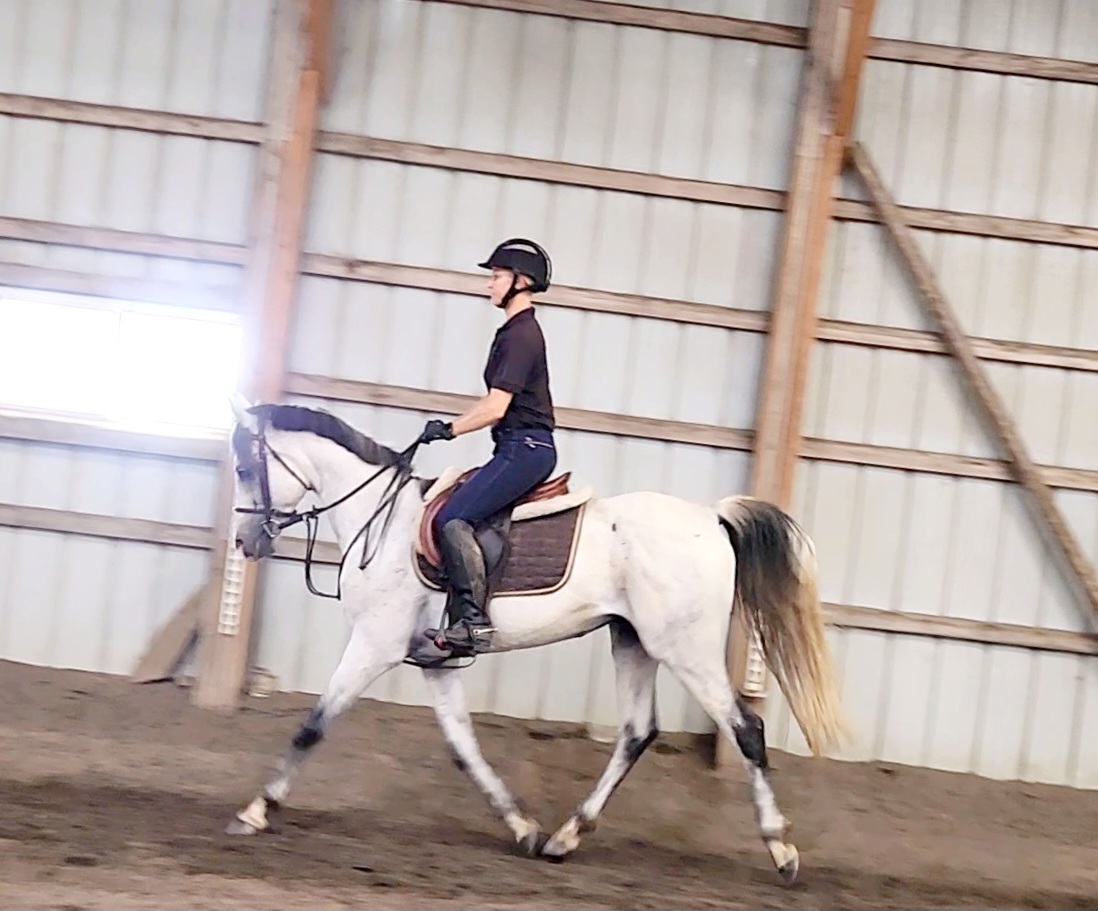Prebiotics versus probiotics…so what’s the difference between the two, anyway? I’ve lost count of the number of times that I’ve seen either of the terms present on feed bags, located somewhere on the product labeling. It’s on bags of dry dog food. And on dry cat food as well. And even on bags of horse feed.
While probiotics and prebiotics might sound like they are pretty much the same thing, that isn’t the case at all. The two are actually completely different types of supplements. And even though I sat through a seminar recently that explained the difference between them, I still have trouble remembering what the difference between the two actually are.
Since I have such a difficulty in remembering what the differences between probiotics and prebiotics really are, I was interested to check out the downloadable Fact Sheet that talks about Prebiotics and Probiotics over on TheHorse.com. Head over to check out the sheet, which helps to provide horse owners and caretakers with an overview of both.
And then make sure to take a look at some of the other headlines from this week in Horse Health News, presented by Absorbine:
How a Horse’s Coat Changes: How well does your horse’s coat adapt to the changing seasons? A study that was recently conducted in Poland has shown that horses’ coats play an important role in helping to regulate their body temperature in both hot and cold periods during the year. [Equus Magazine]
Bacterial Changes in Manure Precede Colic: A recent North American study on pregnant mares was conducted in order to determine whether those that experienced a disruption in gastrointestinal bacteria after the birth of their foal were likely to colic. After the study, researchers report that the abundance of specific bacteria may help to predict and prevent colic. [Horsetalk]
Stress from Solo Stabling: Does your horse get stressed when he or she is stabled solo, and the rest of the barn is empty? A recent study has indicated that the more isolated a horse is during stabling, the more stressed out they may be. [Practical Horseman]
Recognizing Pain in Stoic Horses: Since horses can’t verbally tell us when they are in pain, it can be difficult to discern their discomfort just through their physical symptoms and behaviors. Some indicators can be present to indicate discomfort, even in stoic horses, which include looking at their eyes, other facial indicators, body posture and changes in activity levels. [The Horse]
Medicine Chest Clean Out: Are you still hoarding old and outdated supplies in your first aid kit? It’s time to make sure that you have in date and ready to use supplies in your kit, so that they are there and ready for when you need them. [Equus Magazine]




















